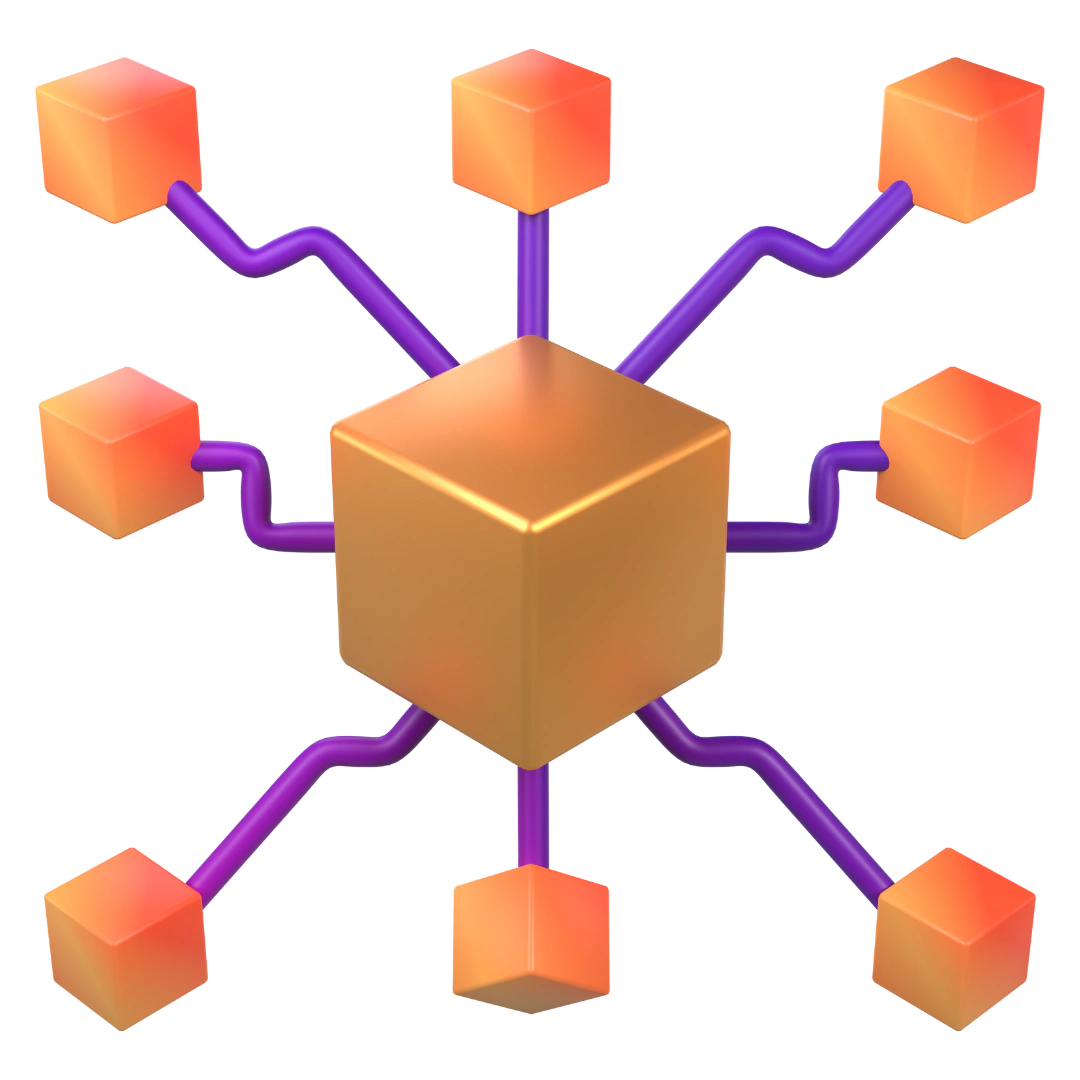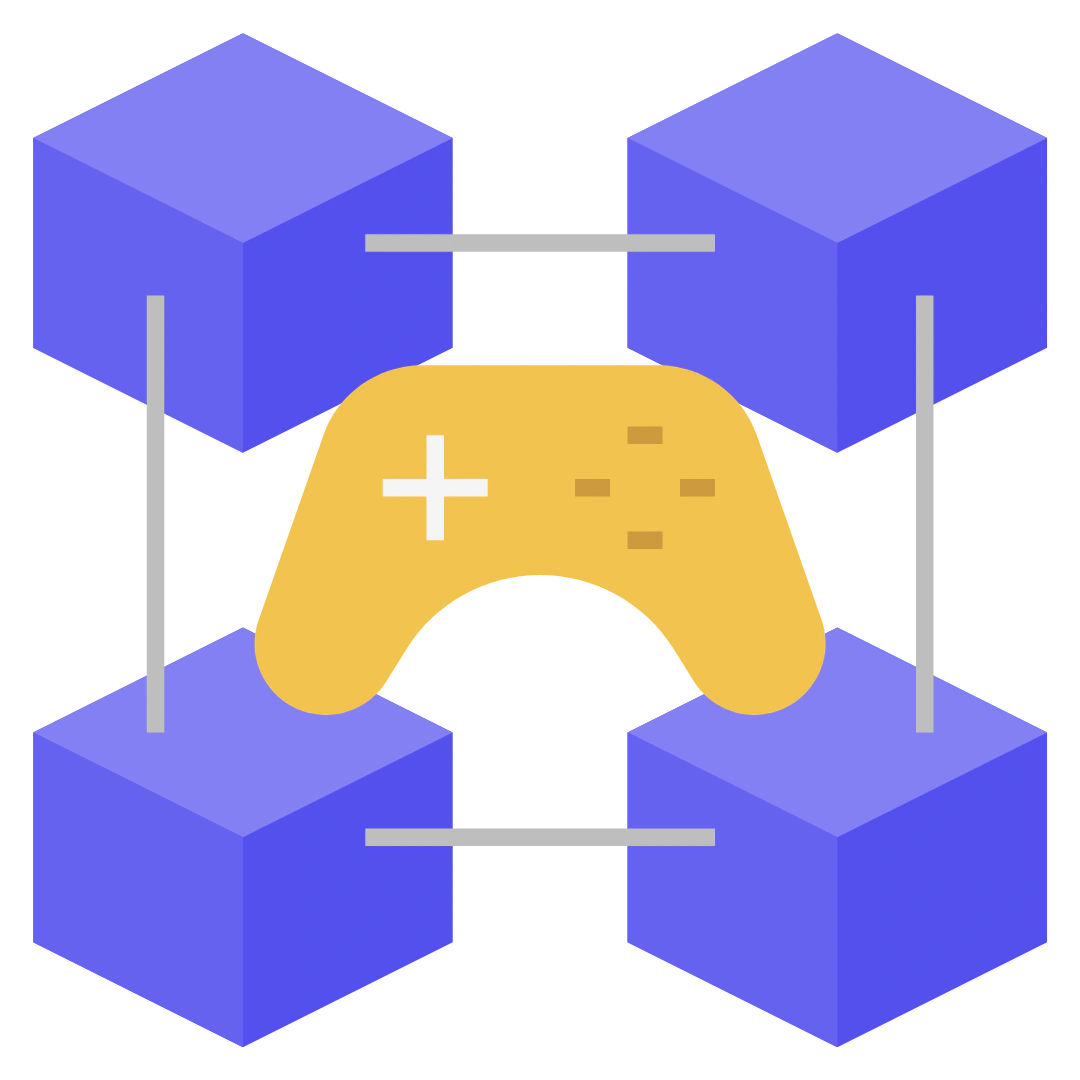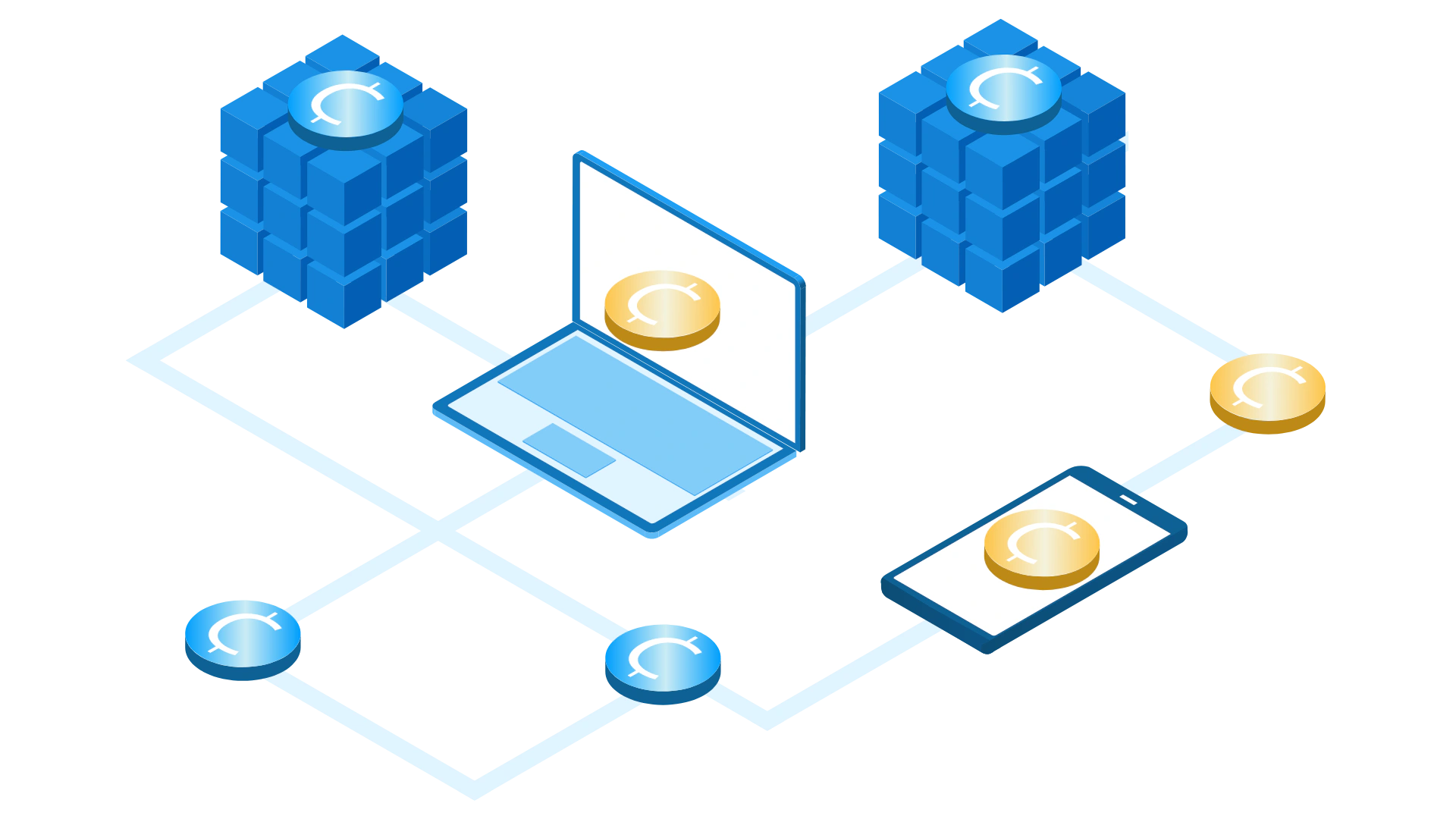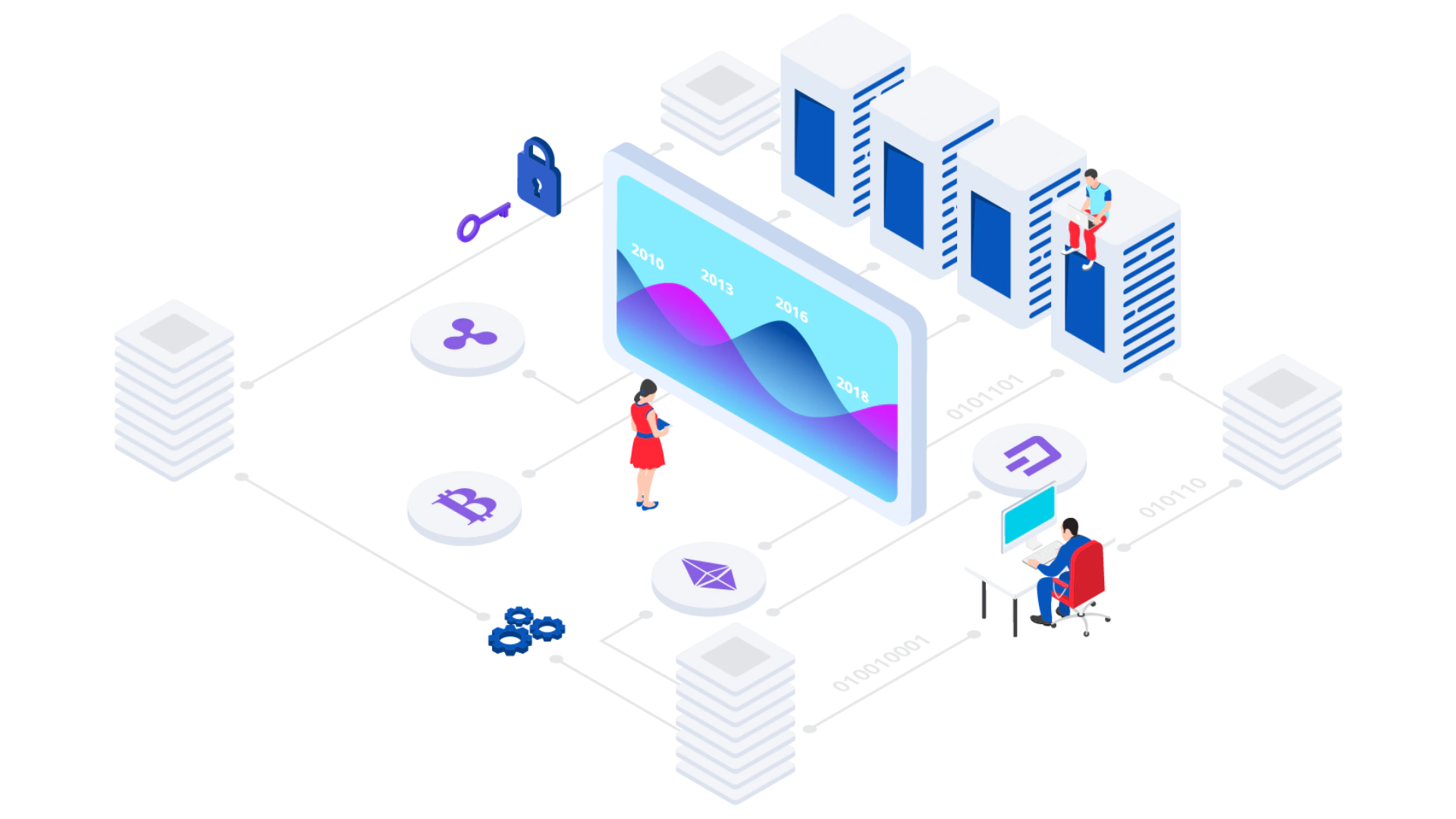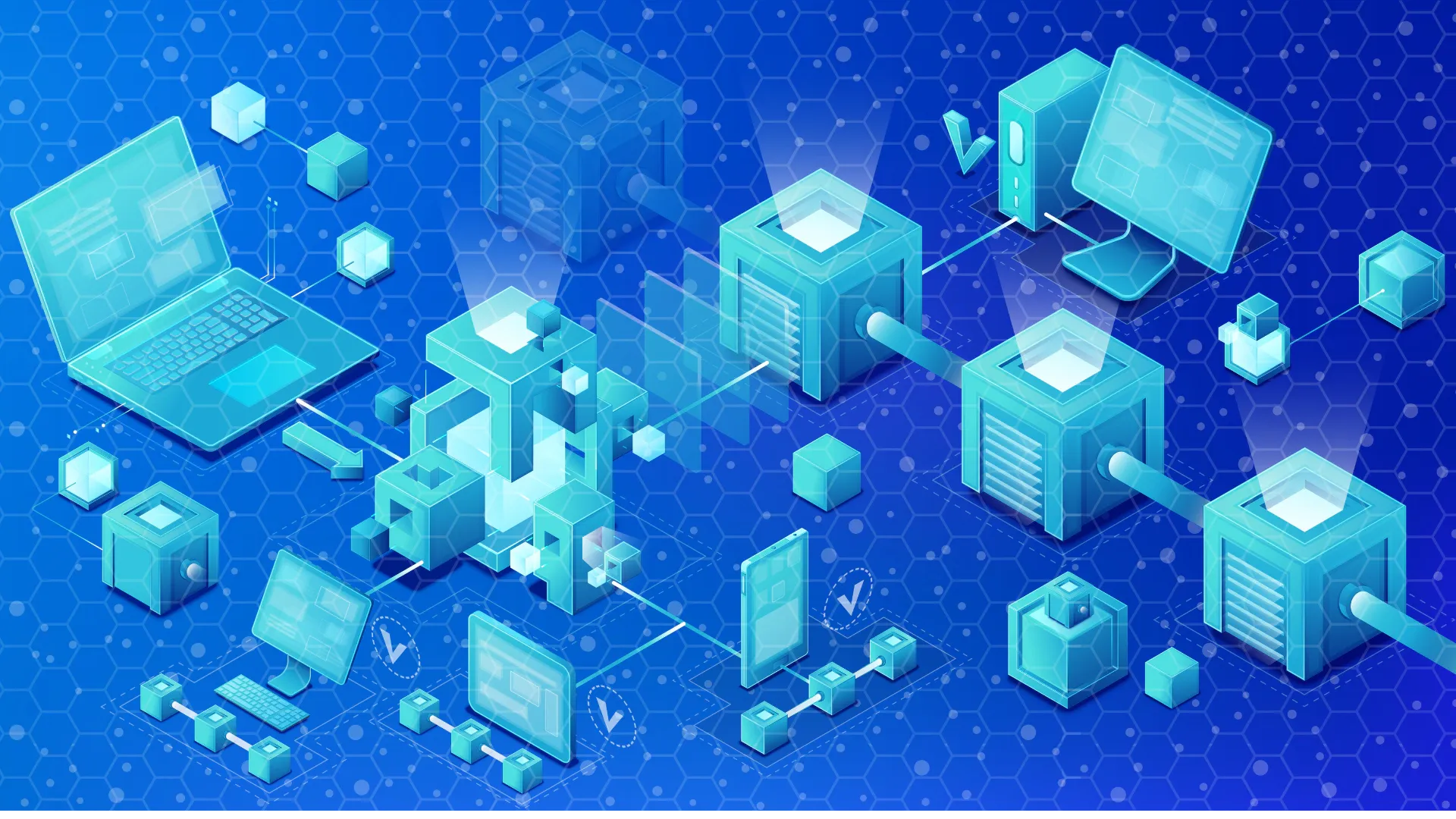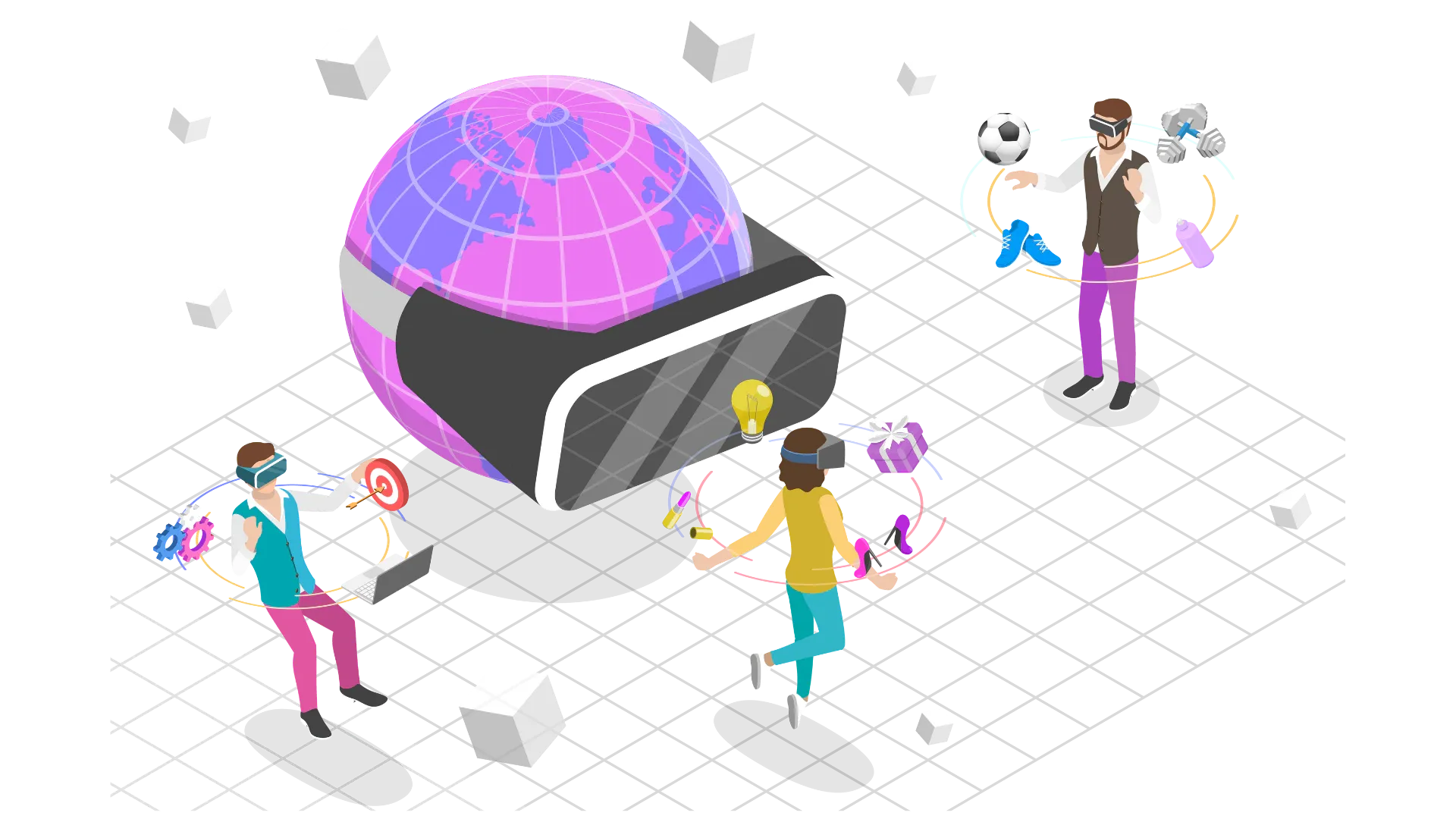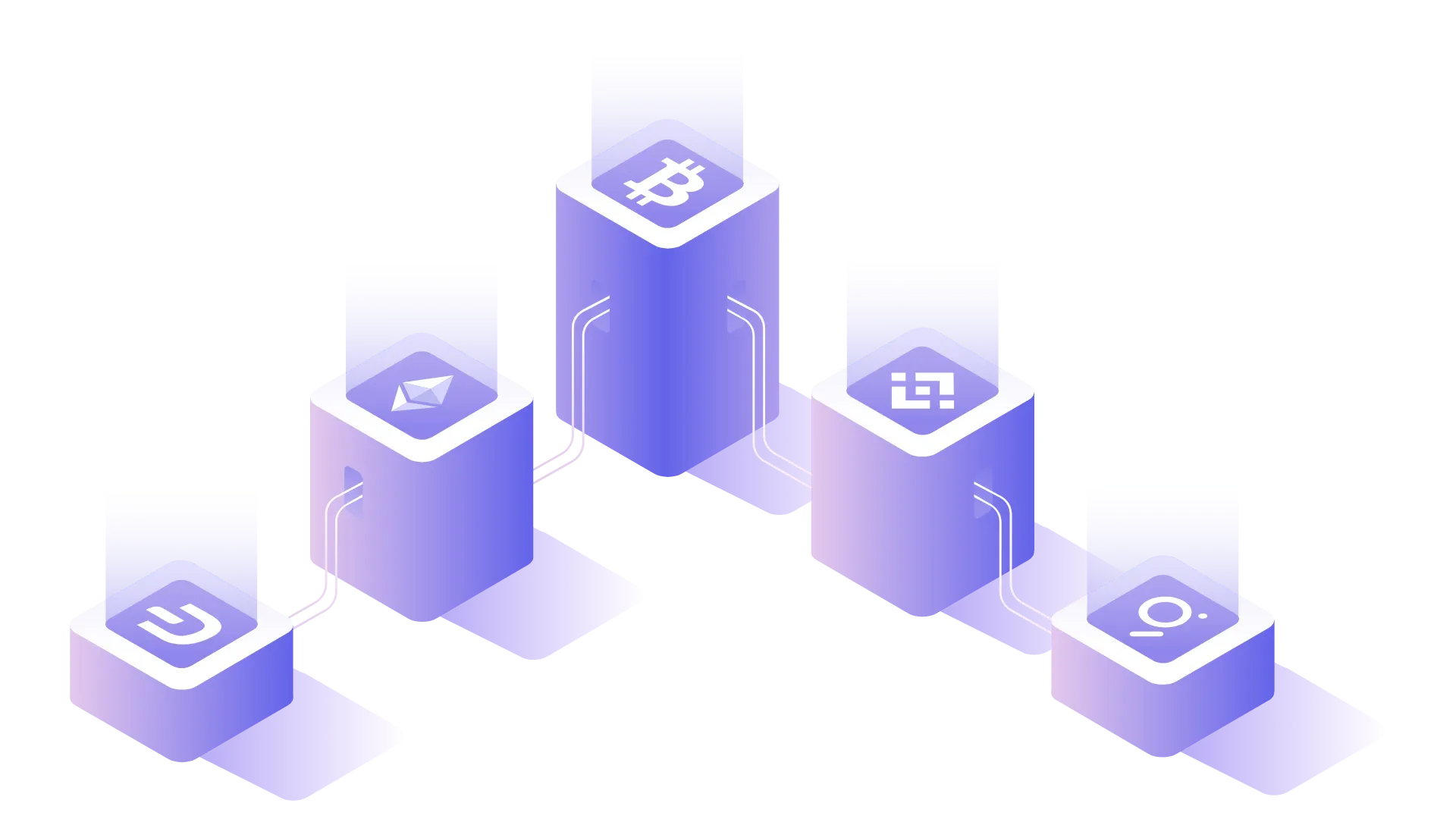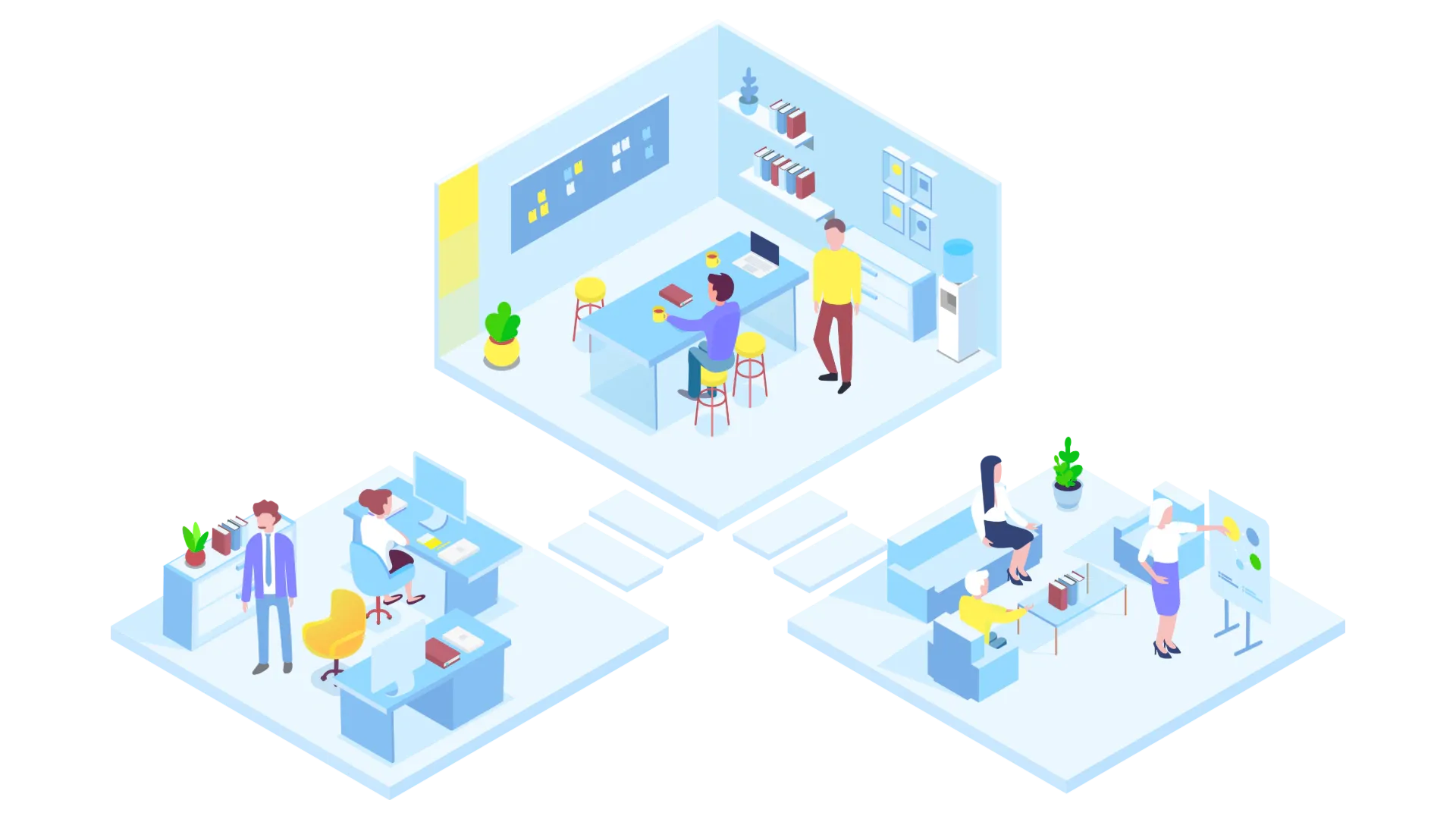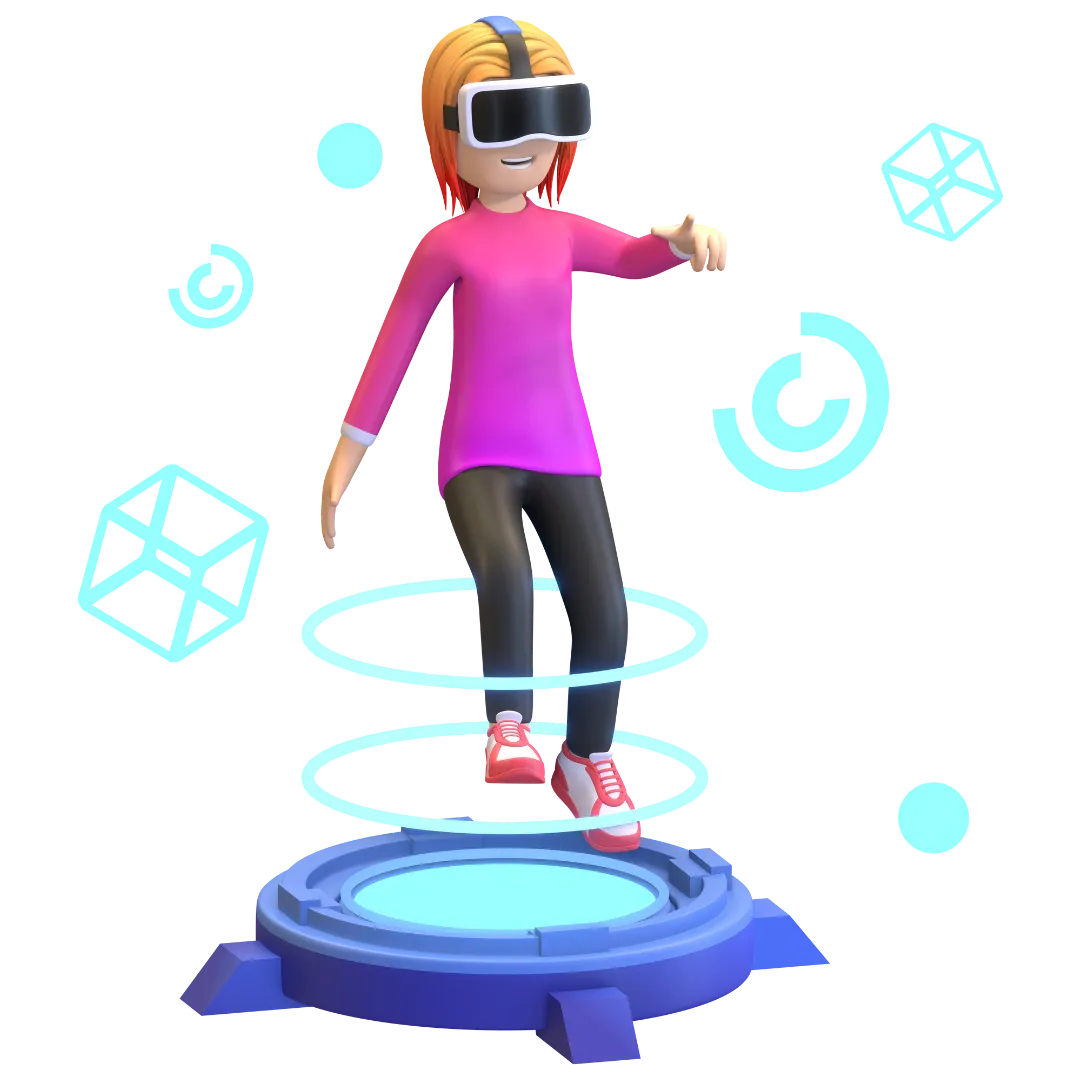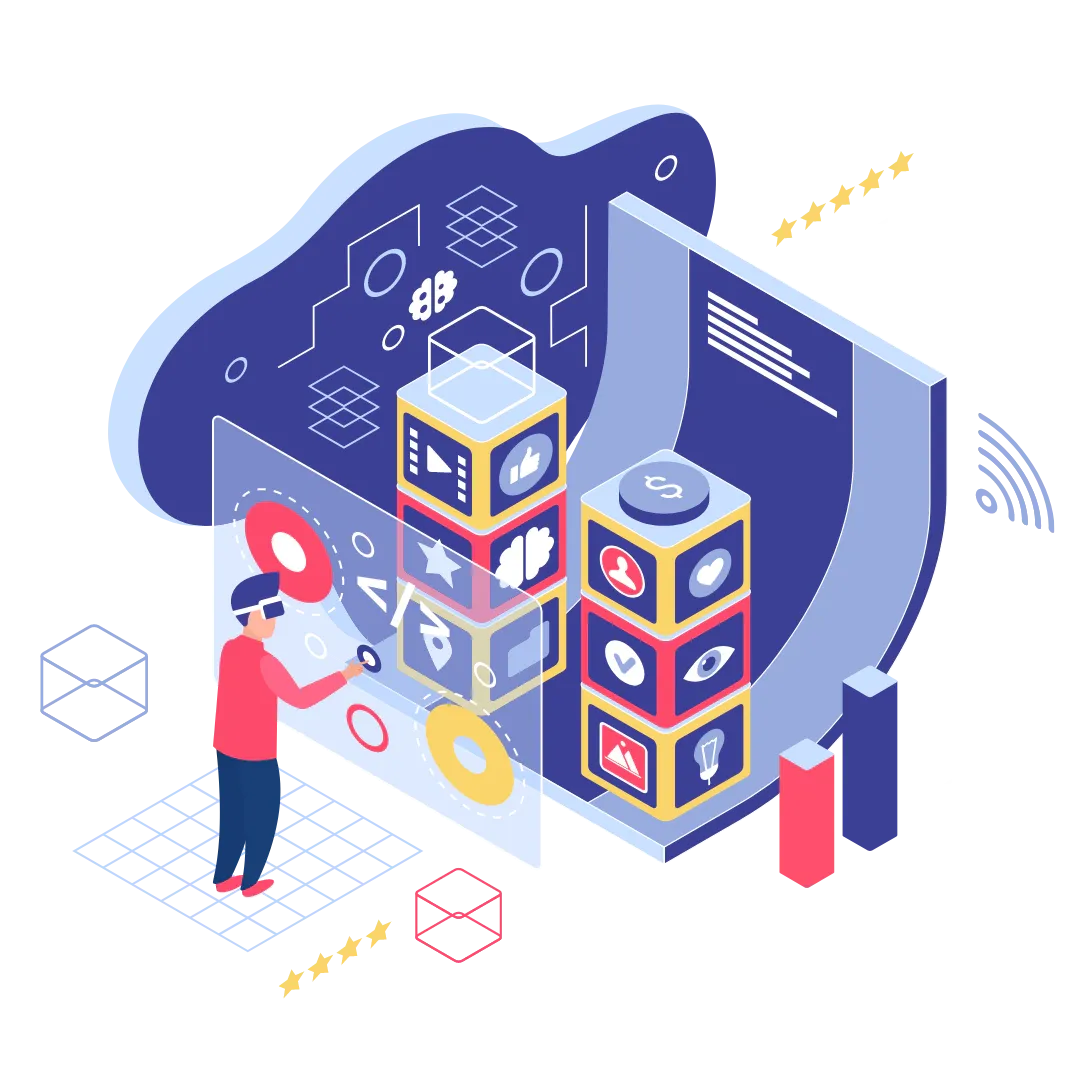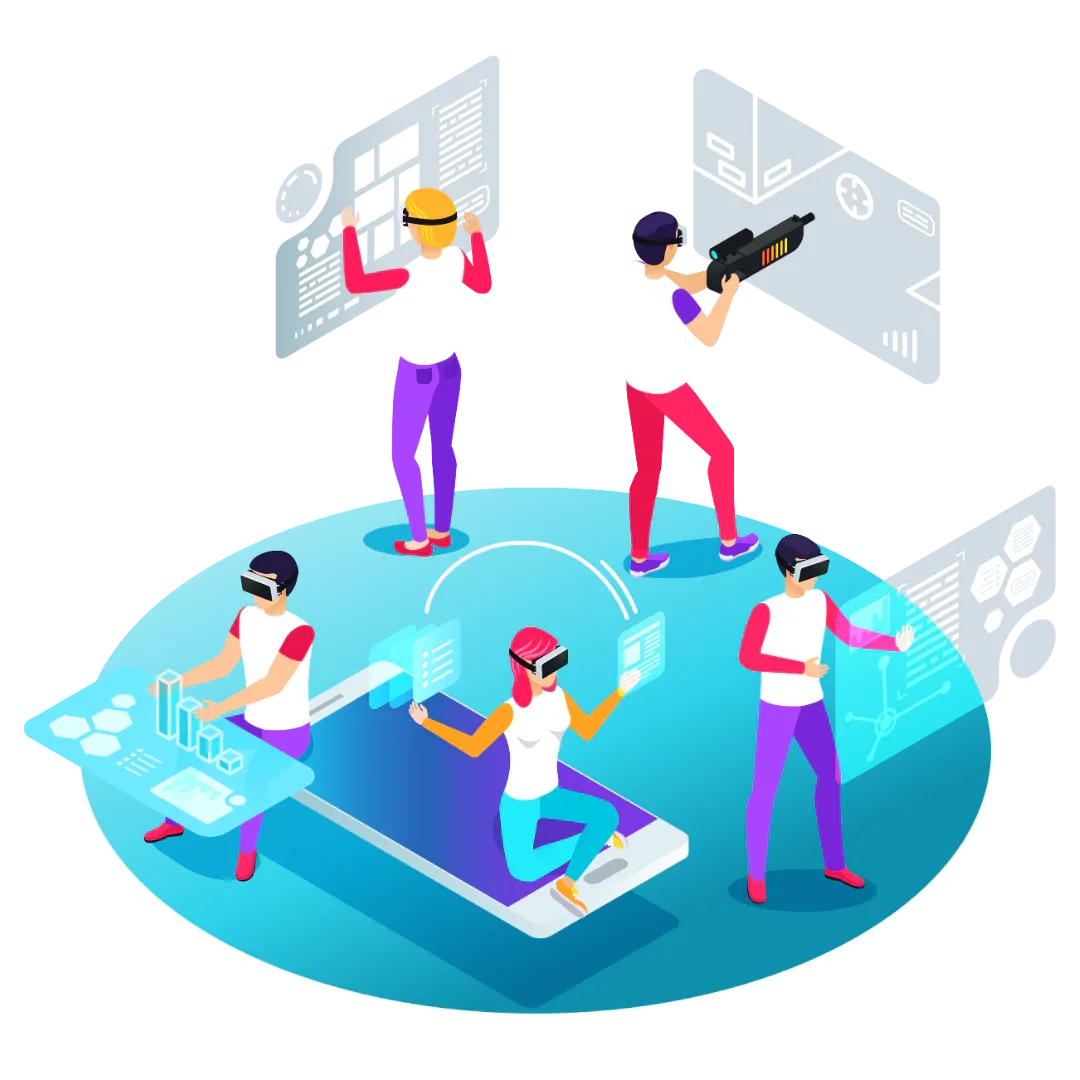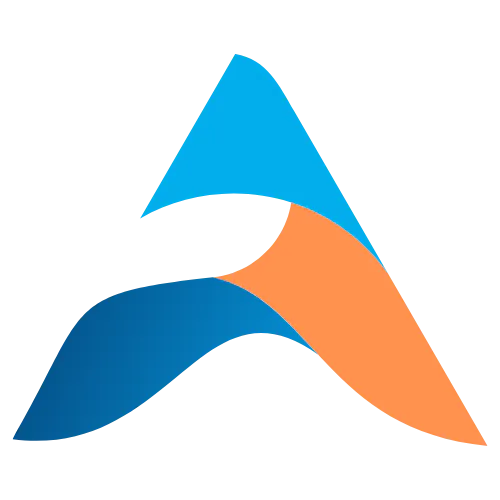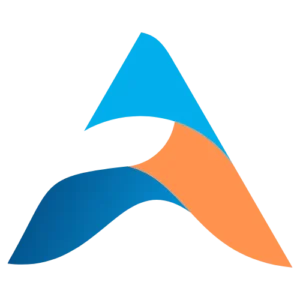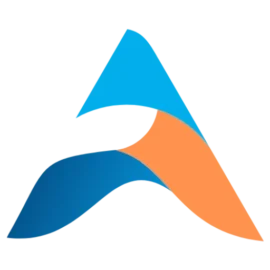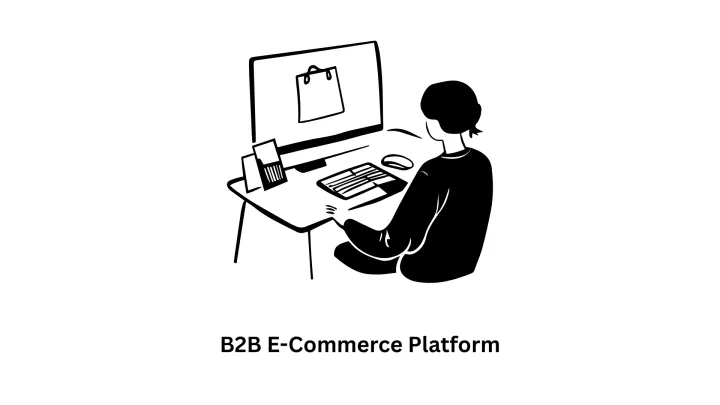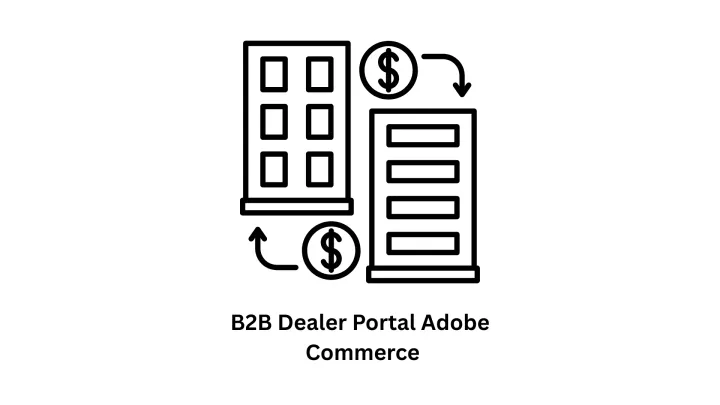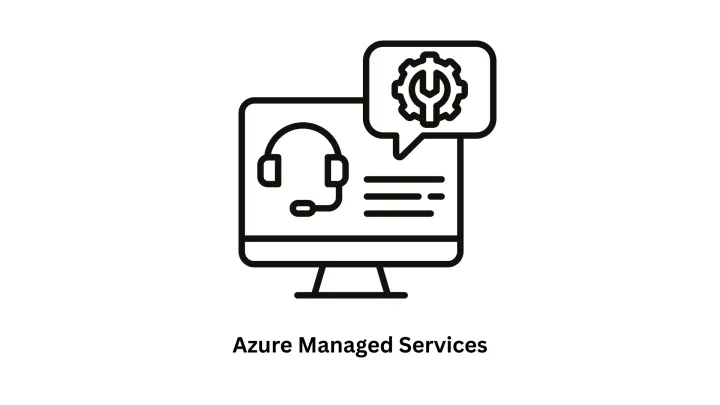Top Tech for Blockchain Game Development
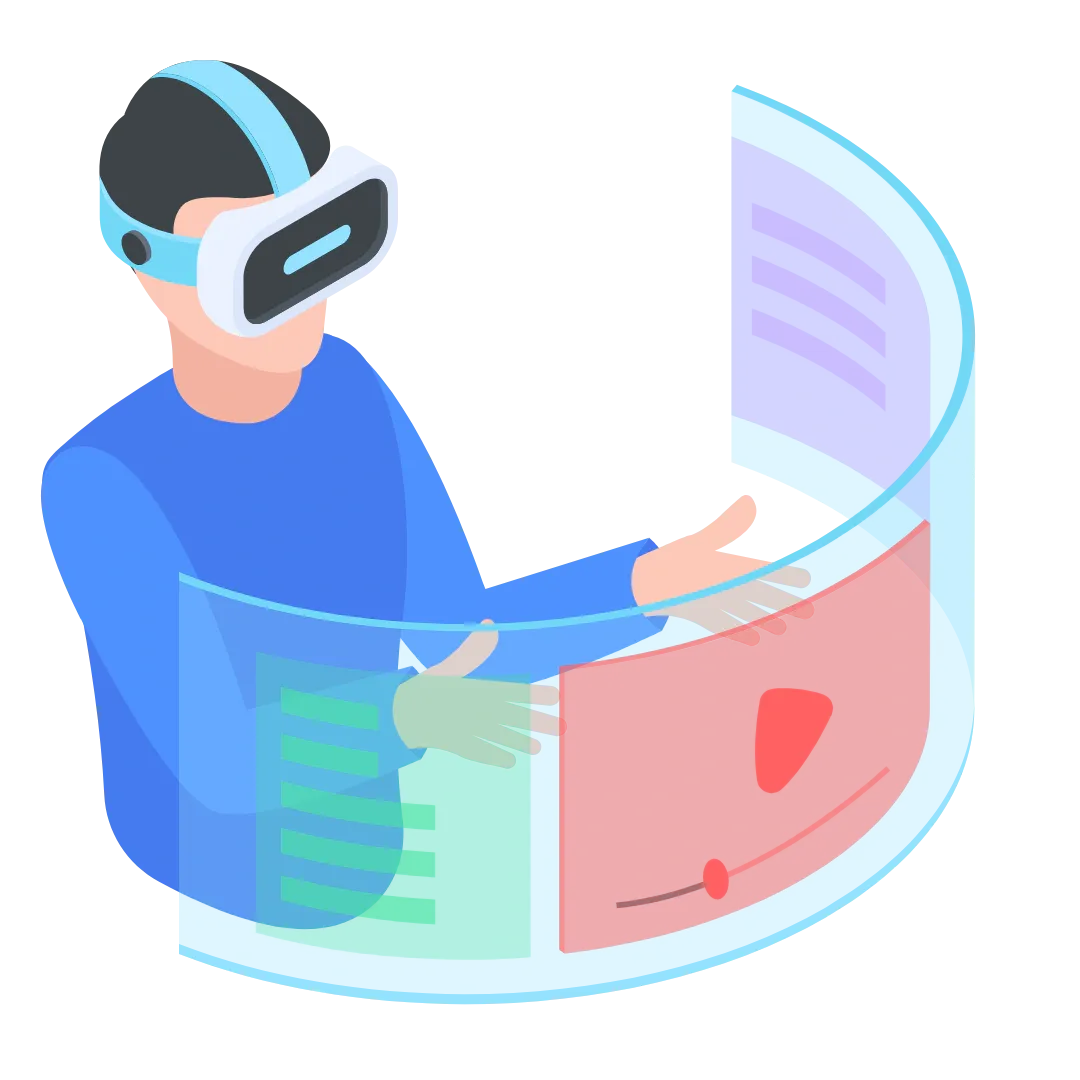
The gaming industry is undergoing a revolutionary transformation with the integration of blockchain technology. Blockchain games offer players true ownership of in-game assets, verifiable scarcity, and the potential to earn real-world value. If you're a game developer or enthusiast eager to dive into this exciting space, understanding the essential technologies is crucial. Let's explore the top tools and platforms that are shaping the future of blockchain gaming.
1. Blockchain Platforms: The Foundation of Decentralized Gaming
- Ethereum: The most popular blockchain for game development, thanks to its robust smart contract capabilities and large developer community.
- Binance Smart Chain (BSC): A fast and affordable alternative to Ethereum, known for its high transaction throughput and compatibility with Ethereum tools.
- Polygon (Matic): A Layer 2 scaling solution for Ethereum that offers faster and cheaper transactions, making it ideal for games with high activity.
- Solana: A high-performance blockchain with lightning-fast transactions and low fees, attracting attention for its scalability potential.
- Flow: A blockchain designed specifically for gaming and digital collectibles, offering high throughput and a developer-friendly environment.
2. Game Development Engines: Bringing Your Vision to Life
- Unity: A versatile and widely used game engine with extensive support for blockchain integration through libraries and SDKs.
- Unreal Engine: A powerful engine known for its stunning visuals and realistic physics, increasingly adopted for blockchain game development.
- Godot Engine: A free and open-source engine gaining popularity for its flexibility and ease of use in building blockchain games.
3. Tools and Libraries: Streamlining Blockchain Integration
- Enjin SDK: A comprehensive toolkit for integrating blockchain assets (NFTs) into Unity games, with features for minting, trading, and managing assets.
- Web3.js / Ethers.js: JavaScript libraries that enable interaction with Ethereum and other compatible blockchains, essential for building decentralized applications (dApps) within games.
- Moralis: A backend-as-a-service platform that simplifies Web3 development, offering features like user authentication, database management, and NFT APIs.
- ChainSafe Gaming SDK: A toolkit for building blockchain games on Ethereum and other EVM-compatible chains, providing tools for asset management and smart contract interaction.
- Truffle Suite: A development environment for building, testing, and deploying smart contracts, essential for creating the logic behind blockchain game mechanics.
4. Additional Technologies: Enhancing the Gaming Experience
- IPFS (InterPlanetary File System): A decentralized storage system for game assets, ensuring their permanence and accessibility.
- The Graph: A decentralized indexing protocol that makes blockchain data easily queryable, crucial for building complex game economies and leaderboards.
- Chainlink: A decentralized oracle network that provides real-world data to blockchain games, enabling features like dynamic pricing and random number generation.
Conclusion
The convergence of blockchain and gaming is ushering in a new era of immersive, player-owned experiences. By understanding the key technologies and platforms available, you're well-equipped to embark on your own blockchain game development journey. Whether you're building a simple collectible game or a complex virtual world, the tools mentioned above can help you realize your creative vision.
Looking for a Blockchain Game Development Partner?
If you're ready to turn your blockchain game idea into reality, consider partnering with an experienced development team. Associative is a leading Blockchain Game Development company specializing in building cutting-edge, decentralized gaming experiences. Our expertise spans across blockchain platforms, game engines, and Web3 technologies. Contact us today to discuss your project!
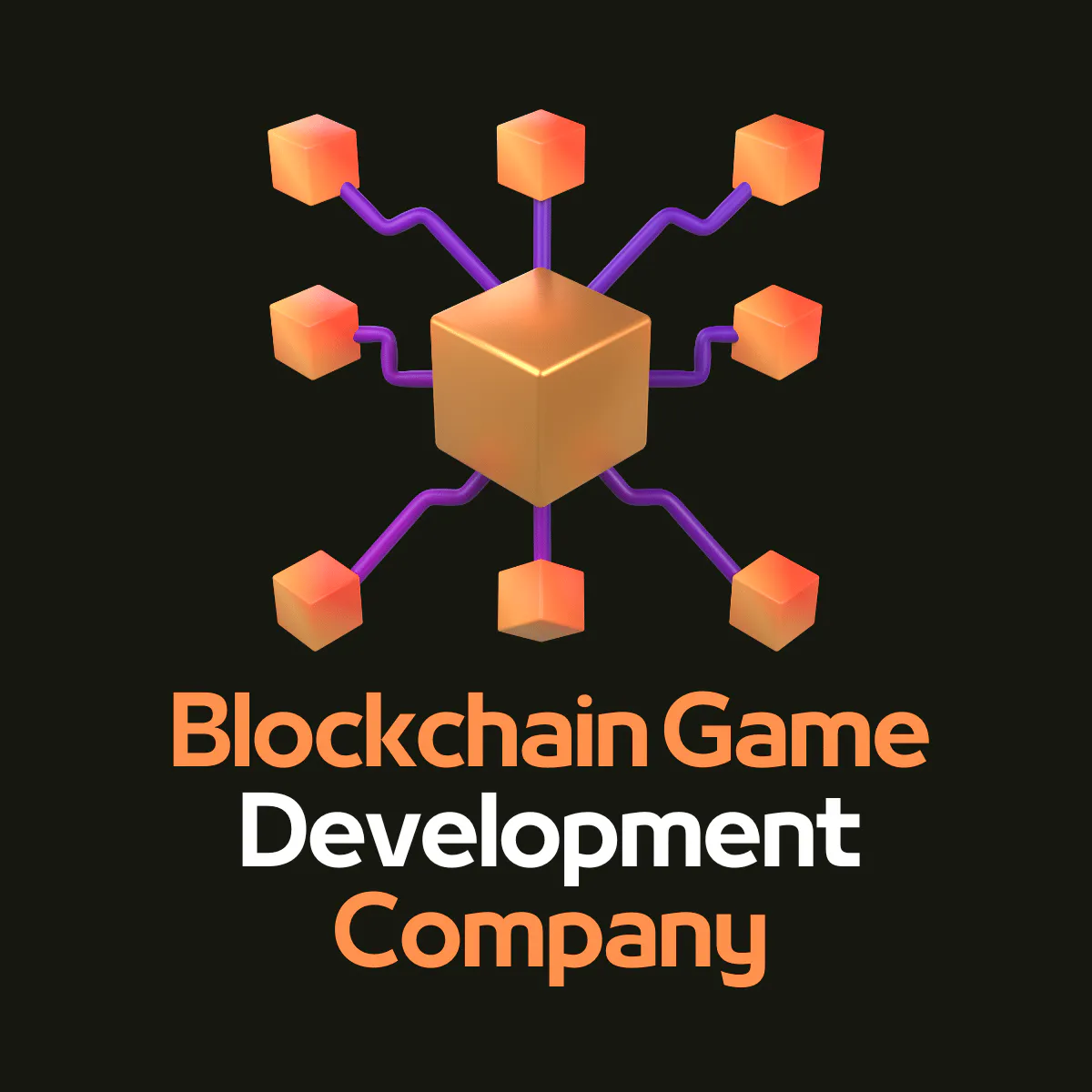
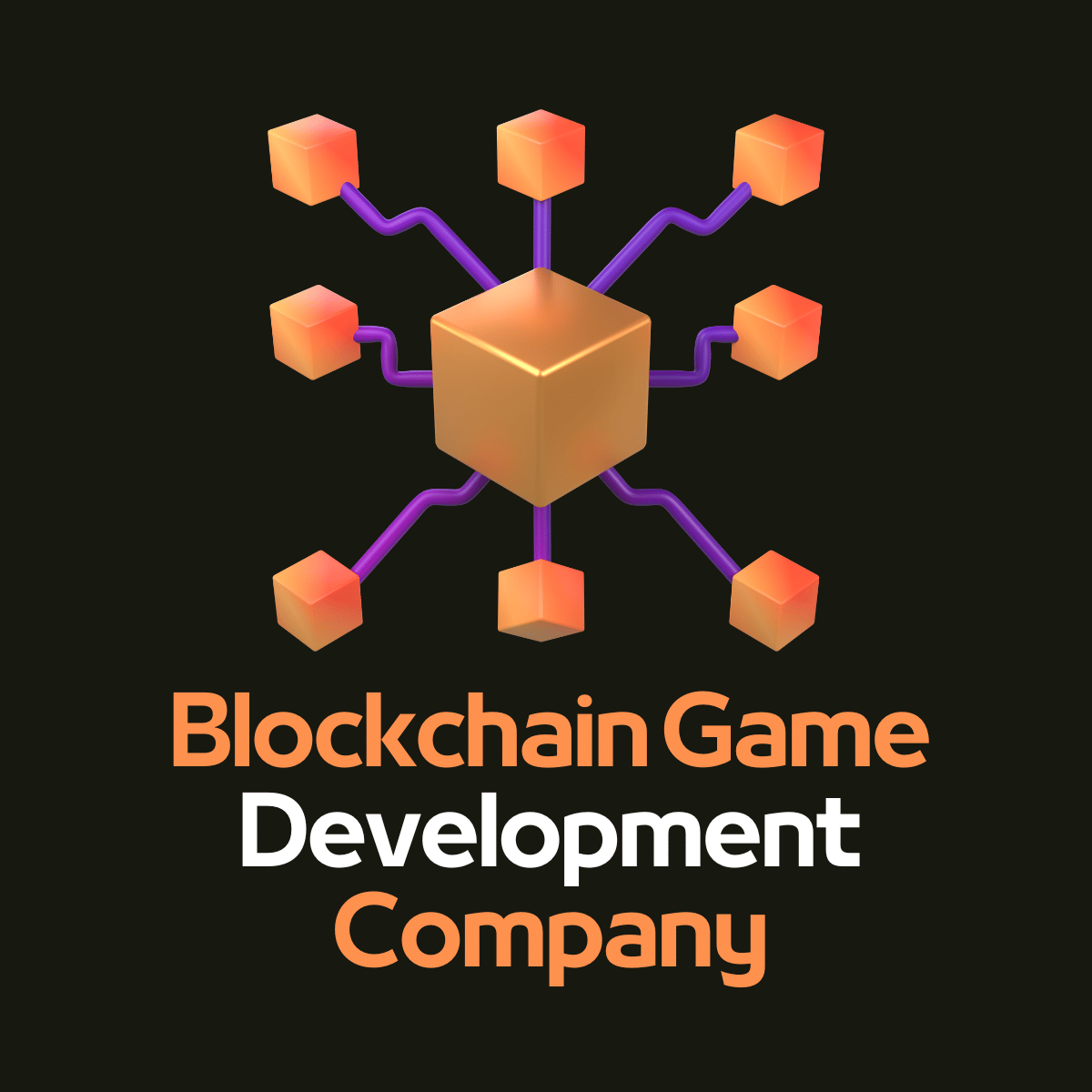
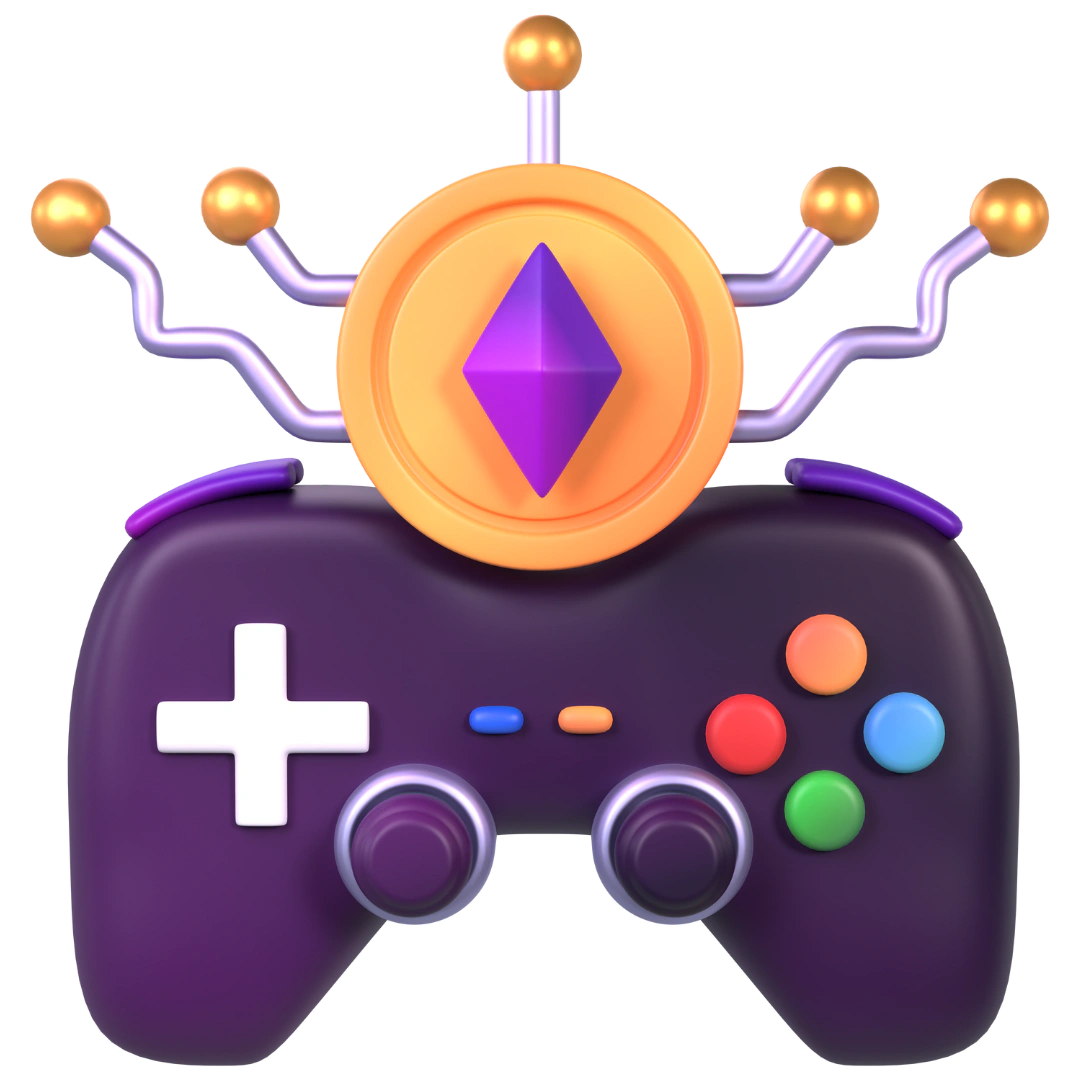
To learn more, consider reading other articles, blogs, and stories in this area.
